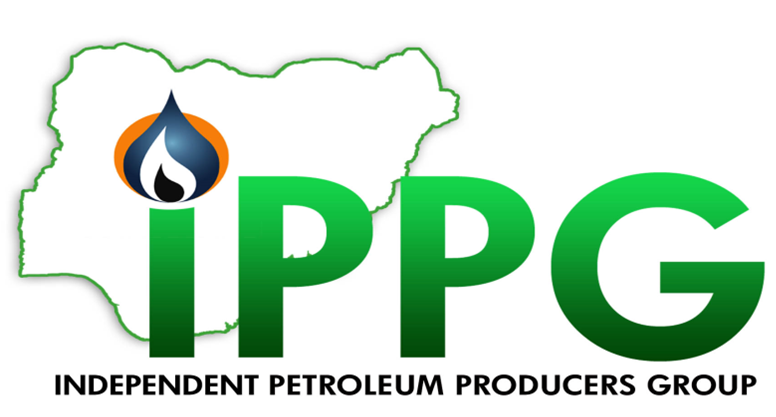Photo caption: IPPG logo
The Executive Coordinator of the Independent Petroleum Producers Group, Oyeleke Banmeke, has said that crude oil theft in Nigeria has reduced significantly compared to figures recorded about two to three years ago.
Banmeke, who stated this in an interview with The PUNCH on Sunday, commended the current administration of President Bola Tinubu for improvements in security along the country’s oil-producing corridors, particularly in the Niger Delta.
Three years ago, the IPPG had stated that almost 90 per cent of crude oil output is lost before getting to the export terminal due to insecurity challenges. He noted that while crude theft had once hit as high as 90 per cent on the eastern axis of the Niger Delta, the situation had improved remarkably in recent times.
“In terms of the loss you spoke about that my chairman spoke about, I think this was about two or three years ago. So I think that has changed. The loss is not as monumental as that anymore,” he said.
“I think on the western axis, it’s better. I think on the eastern flank as well, it’s better. And we must commend this administration. They have done so much for the industry. And it has reduced the loss value over the years,” Banmeke added.
Although he did not provide precise current data, the industry executive stressed that crude losses had been “drastically cut down” and expressed optimism that “it can only get better going forward.”
“Like you said, I know about two or three years ago, we were talking about close to 90 per cent on the eastern axis. That is not the case today. I think that has been significant. I don’t have the exact figures, but I think that has been significant. It has drastically cut down today. And I think it can only get better going forward.”
Beyond security, Banmeke identified Nigeria’s ageing and insufficient oil infrastructure as another critical concern that had historically hindered production and energy security.
“We talk about energy security every time. We talk about production growth. But we’ve never talked about the infrastructure to manage it,” he said.
He argued that new infrastructure investments, including pipelines and modular refineries by private operators, had improved product evacuation and reduced dependence on unreliable facilities.
“What it has done for us is to ensure reliability, availability, and finally, resilience of the infrastructure,” Banmeke explained. “When I talk about availability, I’m talking about having enough evacuation to move your products out of the country to the export market.”
Highlighting the scale of previous losses, he said producers often pumped 200,000 barrels into the pipelines, only to lose 20–30 per cent to theft or sabotage. According to him, improved infrastructure now offers better reliability and security for producers.
Banmeke also referenced successful investments by members of the IPPG, such as Aradel Holdings (formerly Aradel Oil) and Walter Smith, who have built modular refineries as part of their strategy to bypass unreliable terminals and secure local value addition.
“They produce and take it to their refinery. So it addresses a multifaceted challenge that we have in the industry. If you have a refinery, you put it there. And then you don’t have to think about whether TMP is down or this terminal is down,” he noted.
The IPPG represents a group of indigenous upstream producers who together account for over 15 per cent of Nigeria’s oil output. The group has consistently advocated for improved security, infrastructure development, and the implementation of the Petroleum Industry Act.



